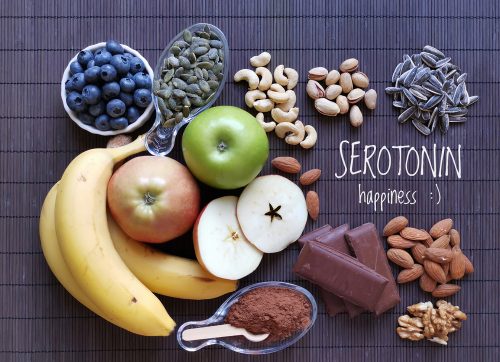
Journaling what’s it for and how do I do it?
Journaling is a simple yet powerful tool for improving mental health. It can help individuals to process their thoughts and feelings, gain insight into their behavior, and set goals for personal growth.
- Date:
- March 10 2023
Journaling is a simple yet powerful tool for improving mental health. It can help individuals process their thoughts and feelings, gain insight into their behavior, and set goals for personal growth. By regularly writing in a journal, people can become more self-aware and take steps to improve their well-being.
One of the main benefits of journaling is that it allows people to process their emotions. When we experience difficult emotions, such as sadness, anger, or anxiety, it can be challenging to make sense of them. Writing about these feelings can help individuals understand them better and find ways to cope. It also allows people to express themselves freely without fear of judgment.
Journaling can also help individuals to become more self-aware. By regularly reflecting on their thoughts and actions, people can gain insight into their behavior and identify patterns that may harm their mental health. This habit can lead to greater self-awareness and the ability to make positive changes.
In addition, journaling is an excellent tool for setting goals and tracking progress. People can increase their motivation and focus on personal growth by writing down specific goals and creating a plan to achieve them. By regularly reviewing their journal, they can track their progress and adjust as needed.
Journaling can also benefit people with specific mental health conditions, such as depression and anxiety. It can help individuals to identify triggers for their symptoms and develop coping mechanisms to manage them. Studies have shown that journaling can reduce symptoms of depression and anxiety in some individuals.
While journaling is simple and easy, making it a regular habit can be difficult. However, setting aside a specific time to write in a journal each day or week can be helpful. Carving out a quiet and comfortable space can also help create a conducive journaling environment.
Journaling is a powerful tool for improving mental health. It can help individuals process their thoughts and emotions, gain insight into their behavior, set goals, and track progress. By making journaling a regular habit, people can take steps towards a healthier and more fulfilling life.
It is important to remember that journaling is not a substitute for professional help if needed. Still, it can be a great complementary tool to use along with therapy or medication. If you are experiencing severe or persistent symptoms of a mental health condition, reaching out to a mental health professional for help is crucial.

Starting a journaling habit can seem daunting, but it doesn't have to be. Here are some practical tips to help you get started and make journaling a regular part of your daily routine:
- Set aside a specific time to write in your journal each day or week. It can be helpful to choose a time when you are more likely to be relaxed and have some free time, such as first thing in the morning or before bed.
- Create a comfortable and quiet space to write in. This spot can be a dedicated journaling spot in your home or at a local coffee shop.
- Start small. If you're new to journaling, trying to write pages and pages each day can be overwhelming. Start with a goal of writing for just five minutes a day and gradually increase your time journaling.
- Be consistent. Consistency is key when trying to establish a new habit. Set a reminder on your phone or calendar to remind you to journal at your designated time.
- Be open-minded. Journaling is a personal practice, and there's no right or wrong way to do it. Some people prefer to write in a traditional notebook and pen, while others prefer to use a digital journaling app. Experiment with different methods to find what works best for you.
- Don't worry about grammar and spelling. Journaling is not about writing a perfect essay. It's about expressing yourself freely, so don't worry about grammar, spelling, or punctuation.
- Reflect on your entries. Reviewing your journal entries can help you gain insight into your thoughts and emotions and identify patterns that may harm your mental health.
- Be kind to yourself. Journaling is not about perfection. It's about self-discovery and growth. Don't be too hard on yourself if you miss a day or two of journaling. Just pick up where you left off and keep going.
Remember, the key to making journaling a habit is consistency. By setting aside a specific time each day or week to write in your journal and being consistent with it, you'll be well on your way to reaping the benefits of journaling for your mental health.
Are you ready to take the journey?
Take the journey and find your nature guide.


